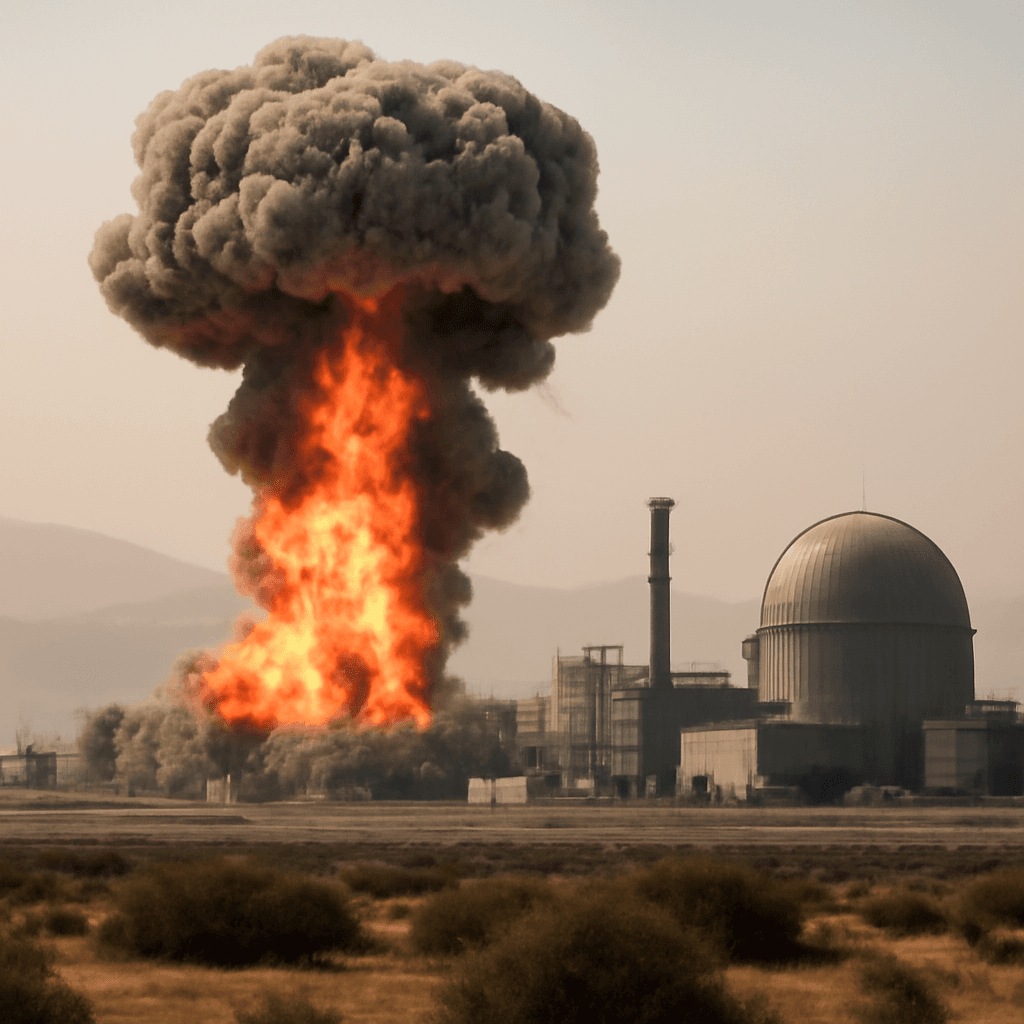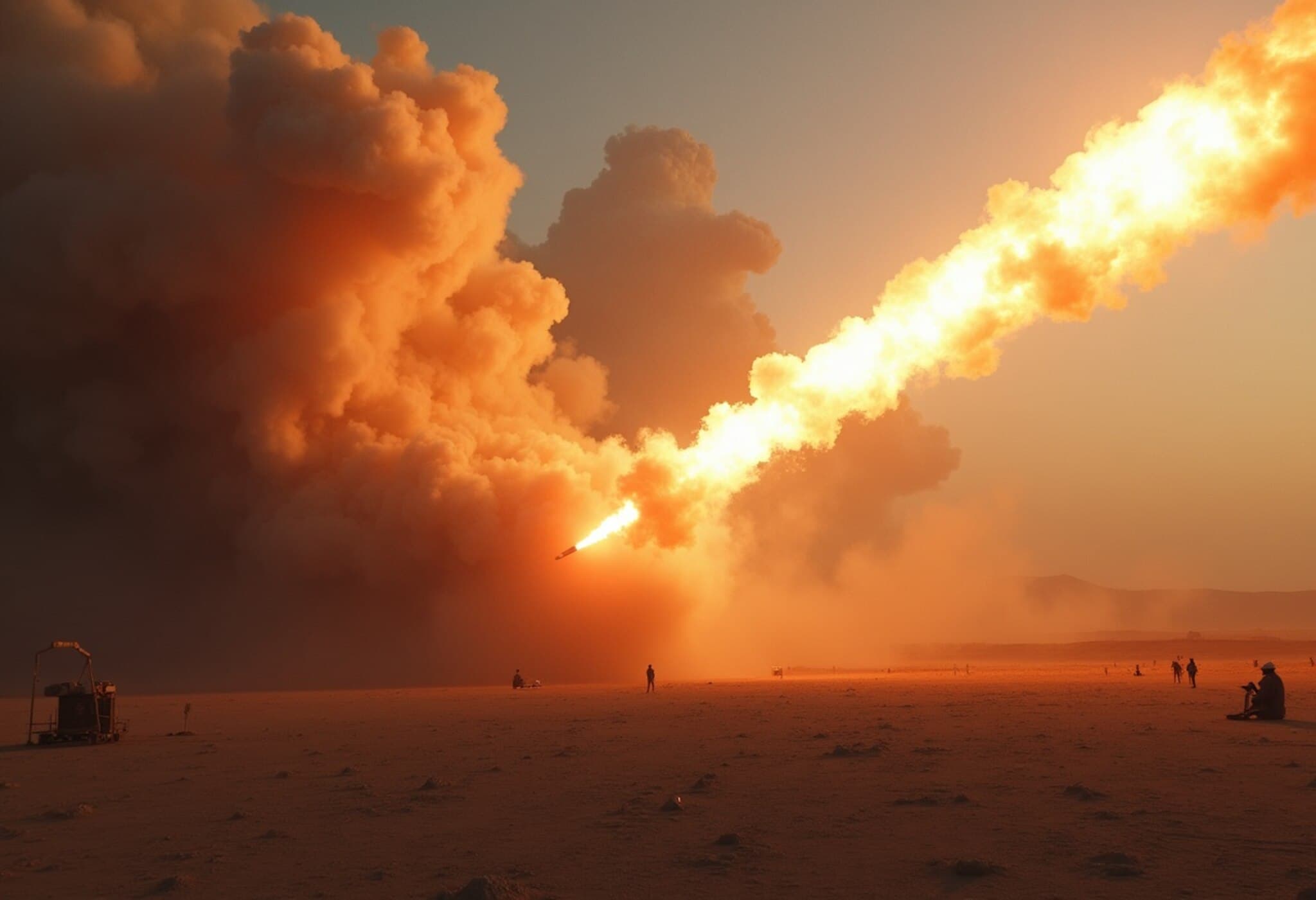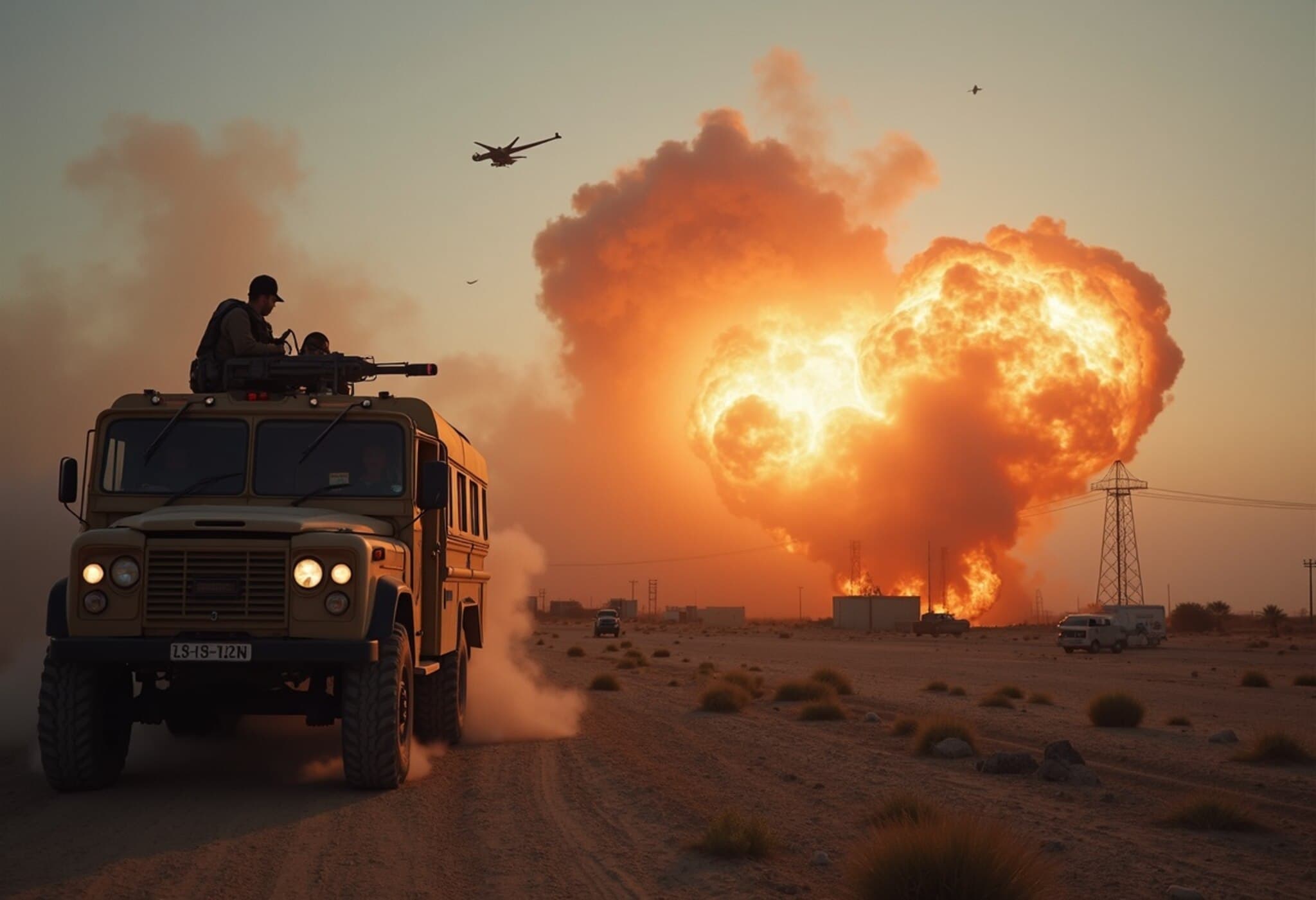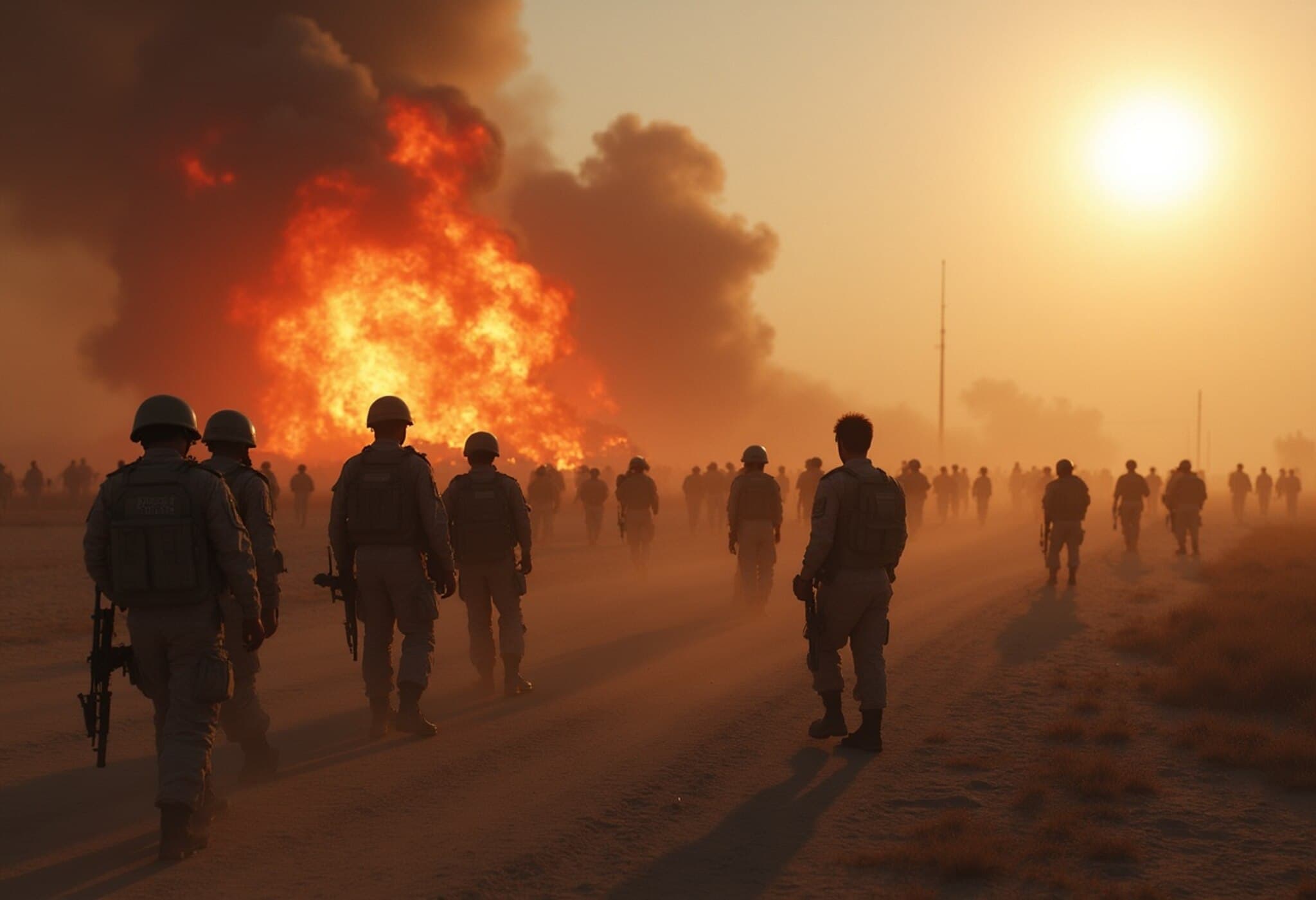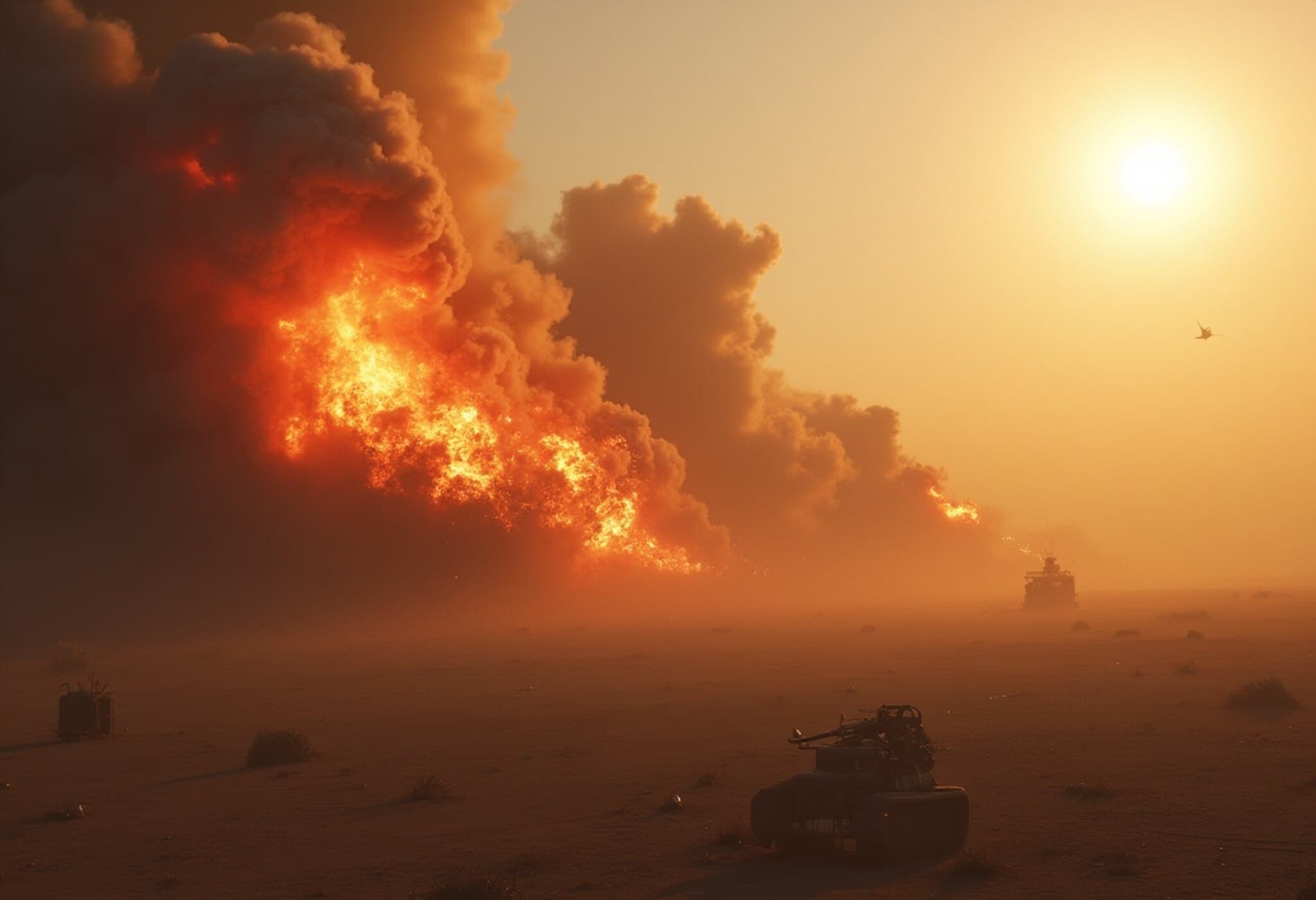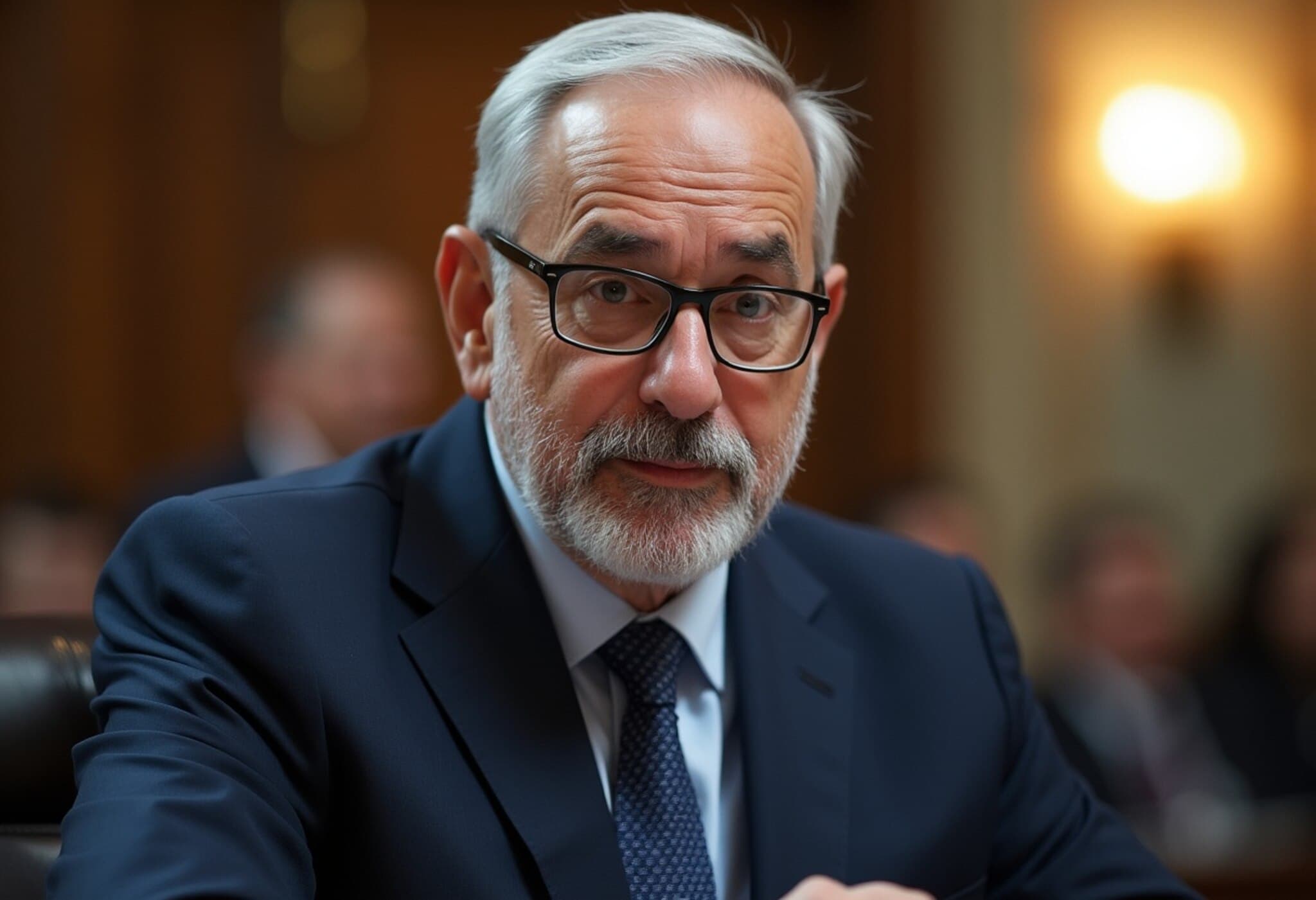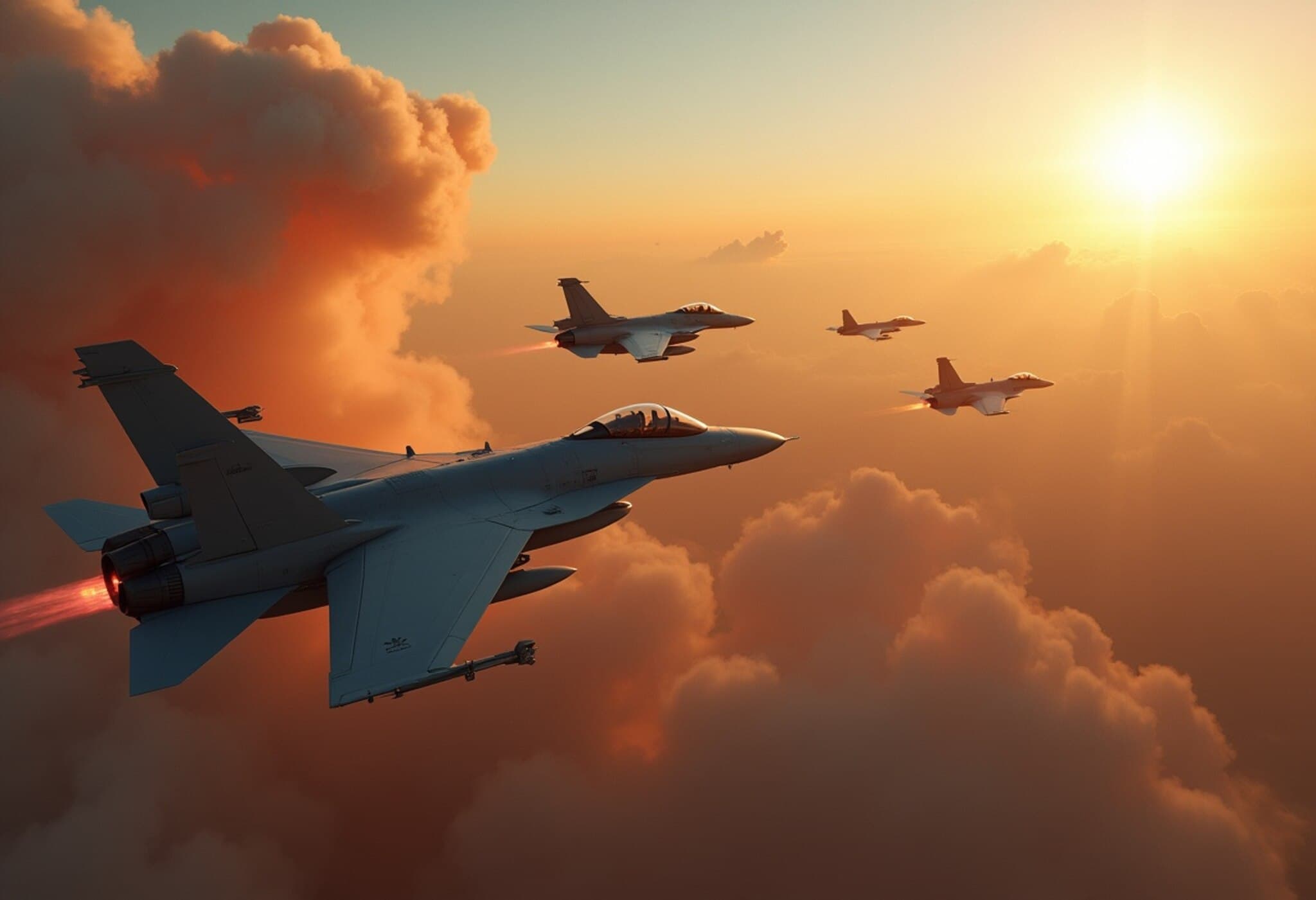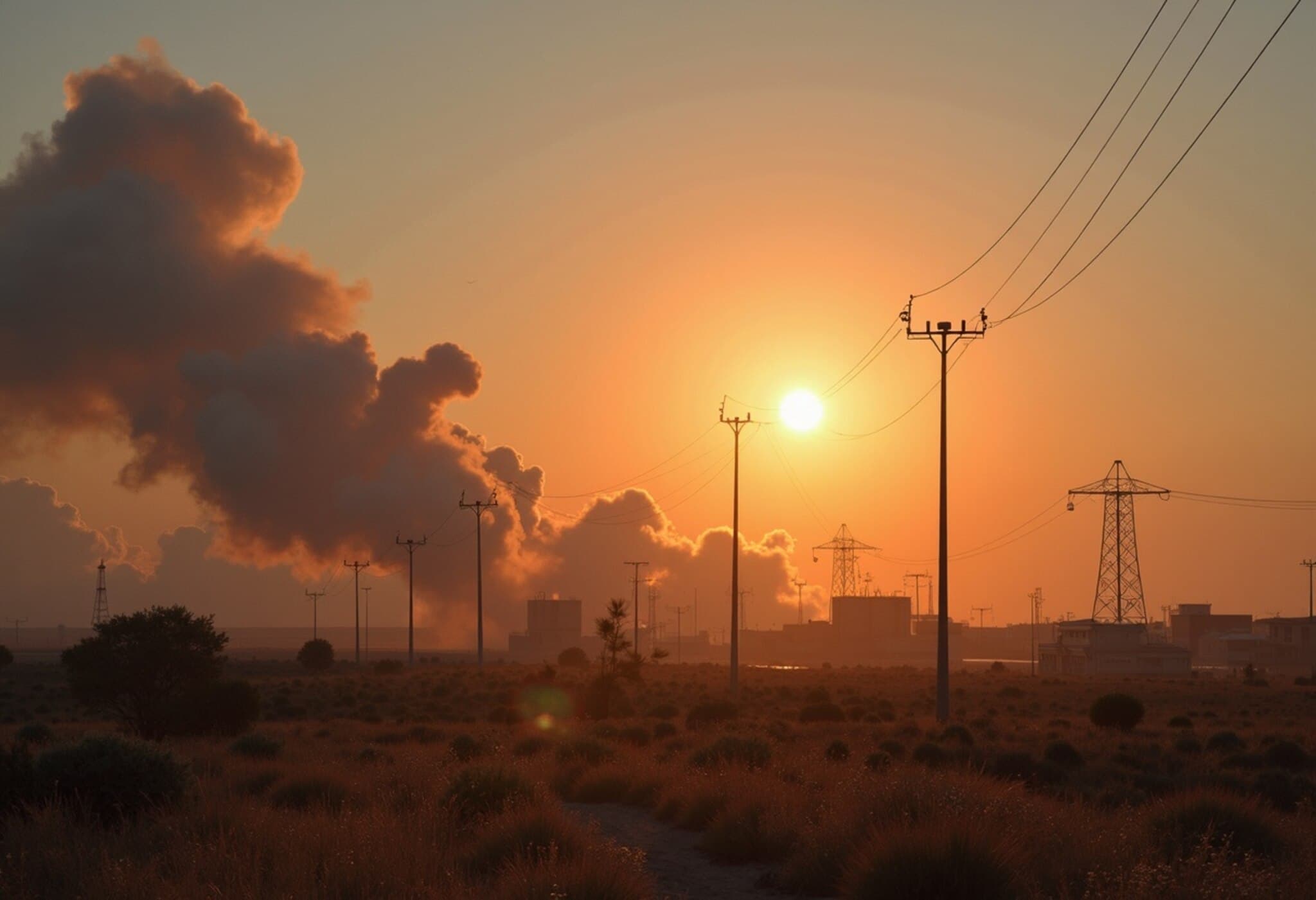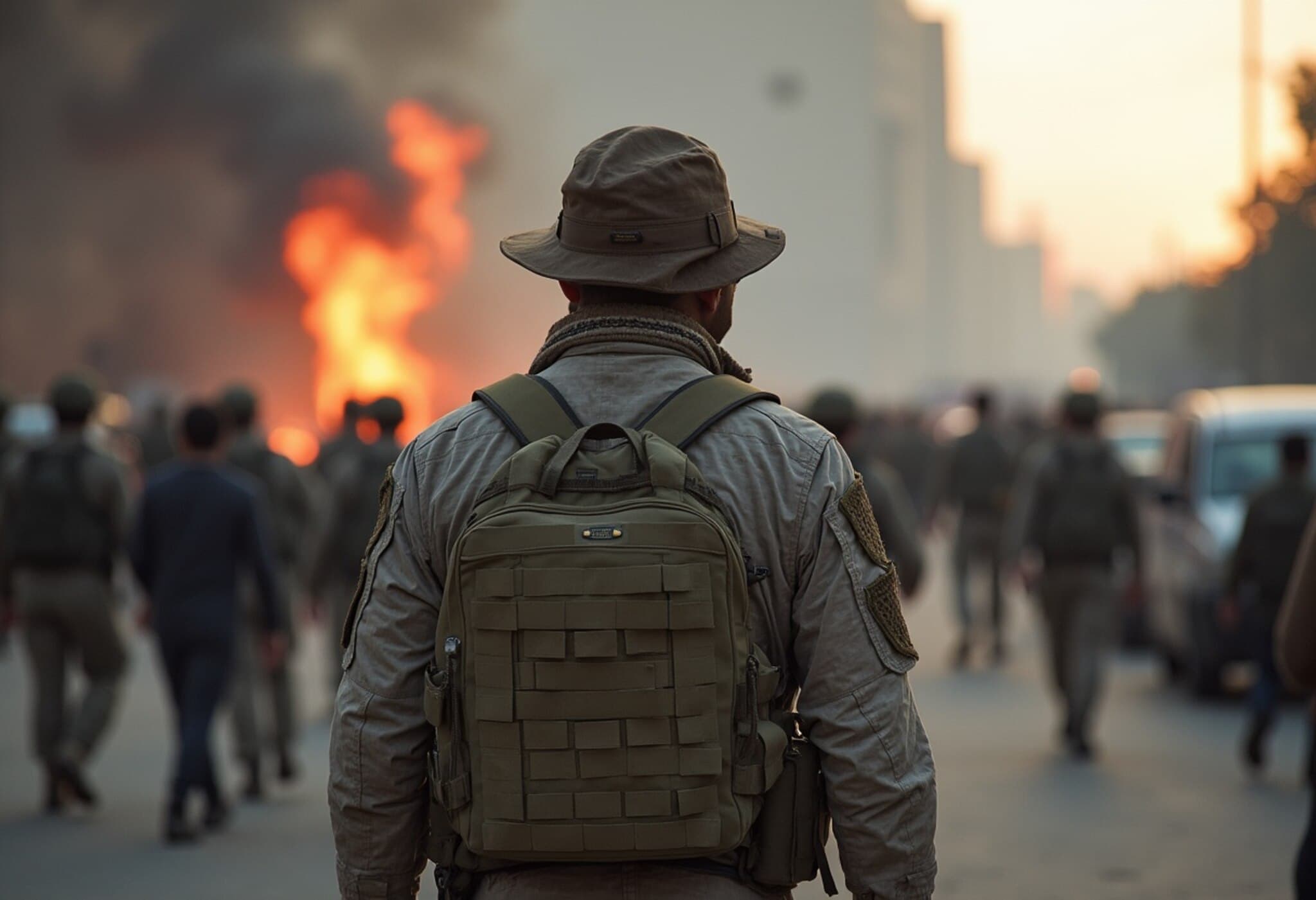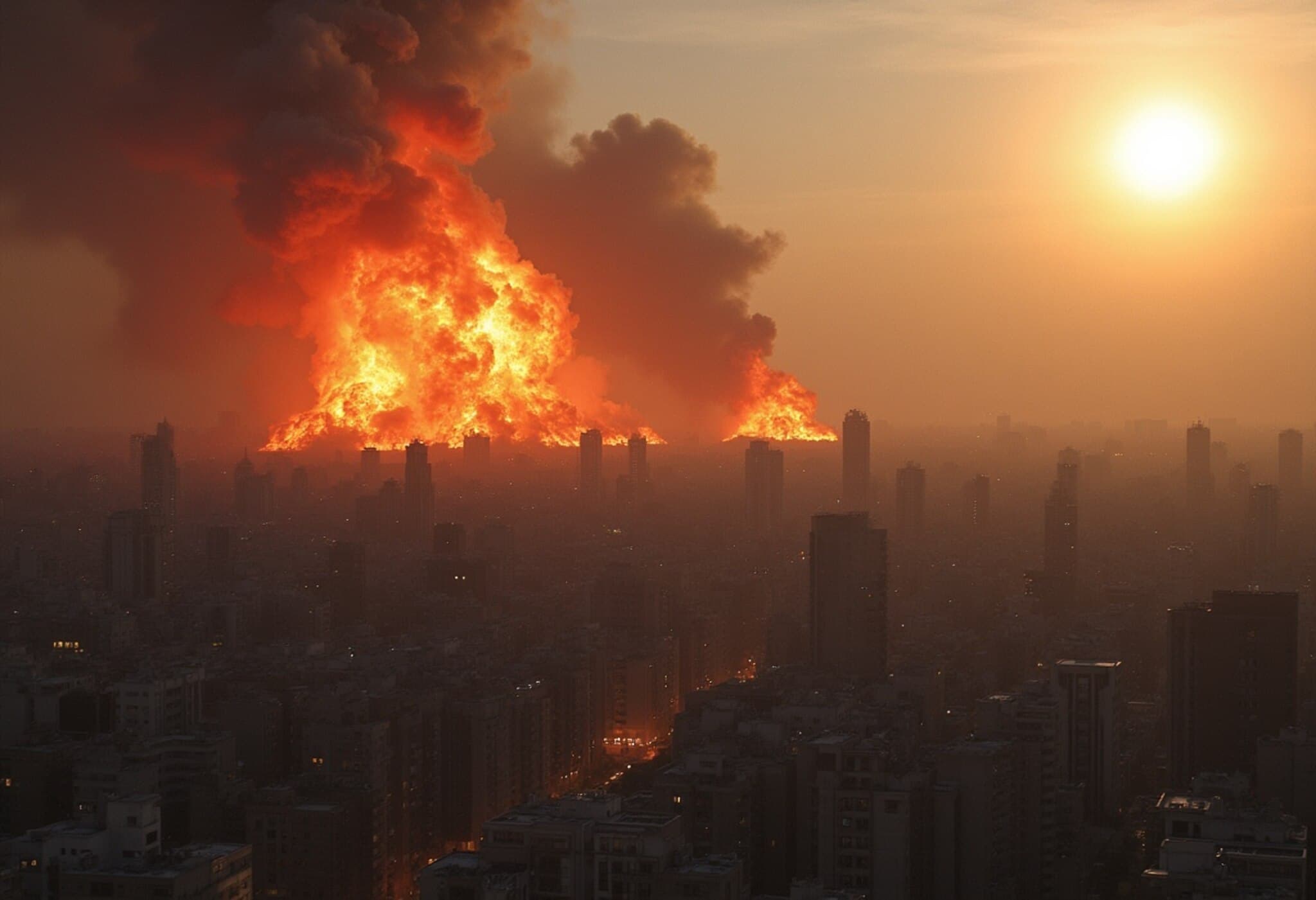Israel Signals 'Point of No Return' in Iran's Nuclear Arms Development
Following a series of targeted attacks on Iranian nuclear and military facilities, Israel has raised alarms over Iran's accelerating nuclear program. The Israeli defense forces claim that Iran now possesses enough enriched uranium to produce 15 nuclear bombs, edging dangerously close to an irreversible milestone.
Operation Rising Lion: Strikes Intensify Against Iranian Assets
In the early hours of a recent Friday, Israel launched Operation Rising Lion, striking multiple strategic locations across Iran. These raids targeted nuclear enrichment sites, military compounds, and key figures in Iran’s defense hierarchy.
According to Israeli military statements, intelligence reveals that Iran has ramped up uranium enrichment considerably. Back in October 2023, Iran reportedly held 4,130.7 kilograms of enriched uranium—sufficient for approximately nine bombs. That figure has since surged to 7,264 kilograms, supporting production capacity for 15 bombs.
Decentralized and Fortified Nuclear Advancements
The Israeli Defense Forces emphasize that Iran’s nuclear efforts have become increasingly dispersed and fortified, with enrichment facilities positioned in underground, heavily secured locations. This decentralization complicates potential neutralization efforts and signals a significant acceleration in nuclear weapons development.
“The regime is producing thousands of kilograms of enriched uranium alongside decentralized and fortified enrichment compounds, bringing it closer to developing a nuclear weapon,” the statement read.
High-Profile Targets and Political Tensions
The strikes took aim not only at nuclear assets such as the notorious Natanz facility but also at senior military leaders including IRGC chief Major General Hossein Salami, Iranian military chief Brigadier General Mohammad Bagheri, deputy military chief Gholamali Rashid, and prominent nuclear scientists.
This bold offensive poses a direct challenge to Iranian leadership and raises the stakes in a region already fraught with tension.
Strategic Defiance and Uncertain International Reactions
Israeli Prime Minister Benjamin Netanyahu proceeded with the attacks despite warnings from the United States, with former President Donald Trump reportedly discouraging such unilateral moves as recently as a day before the strikes. The Trump administration’s response has since underscored the unilateral nature of Israel’s actions, while coordinating efforts primarily around securing US personnel and assets rather than bolstering Israeli defenses.
Iran is expected to retaliate; however, the scale and timing will likely depend on the level of support, if any, it receives from the U.S. administration. The differing policies between current and previous U.S. leadership add complexity to the evolving conflict dynamics.
Looking Ahead: Regional Stability at a Crossroads
Last year's aerial clashes between Israel and Iran underscored the potential for broader conflict, mitigated in part by a coalition of forces including the U.S., Britain, France, and Arab nations. Whether similar alliances will hold or strengthen remains uncertain as tensions rise.
As Iran edges closer to achieving a nuclear weapons capability, the international community watches cautiously, aware that the balance of power in the Middle East could soon shift dramatically.

